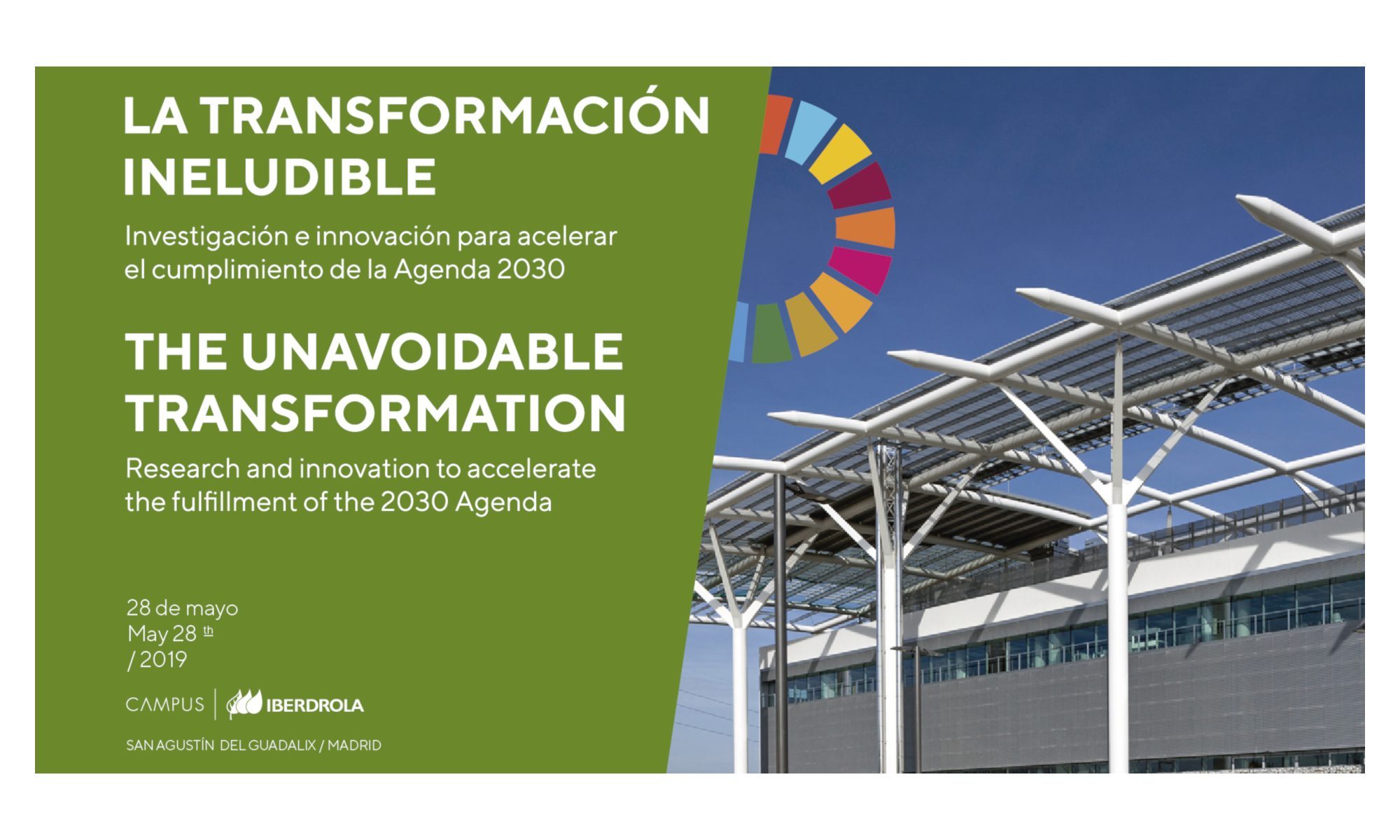Video of the event:
Scientific evidence shows that predominant production and consumption models in our planet are simply unsustainable. The 2030 Sustainable Development agenda clearly depicts the environmental, social and technological challenges we face, from the ecological transition to the reduction of inequalities and the fulfilment of basic social rights. The changes needed to achieve these aspirations cannot be addressed with traditional tools. Neither stateQlevel policies nor marketQbased solutions will be enough to solve these challenges alone.
To take into action such a deep and comprehensive social transformation, we must understand and take into account the best available scienceQbased knowledge regarding how social and technological changes occur, both in terms of the “hard” system (technology, infrastructure or inversions), and the interlinkages with “soft” aspects (such as culture, perceptions and organizational models).
Social innovation, transgenerational conversations, grass roots participatory tools embedded in a citizen’s science rationale, or multiQstakeholders partnerships (involving academia, civil society, government institutions and businesses) that foster international collaboration, exchange of knowledge, and investment, have proved to be successful in fostering such changes.
During this event, we propose to consider different experiences and navigate the key elements and steps necessary for the acceleration of SDGs implementation: changing traditional narratives, fostering systemic change and transformations that are interconnected across sectors and are scalable.

